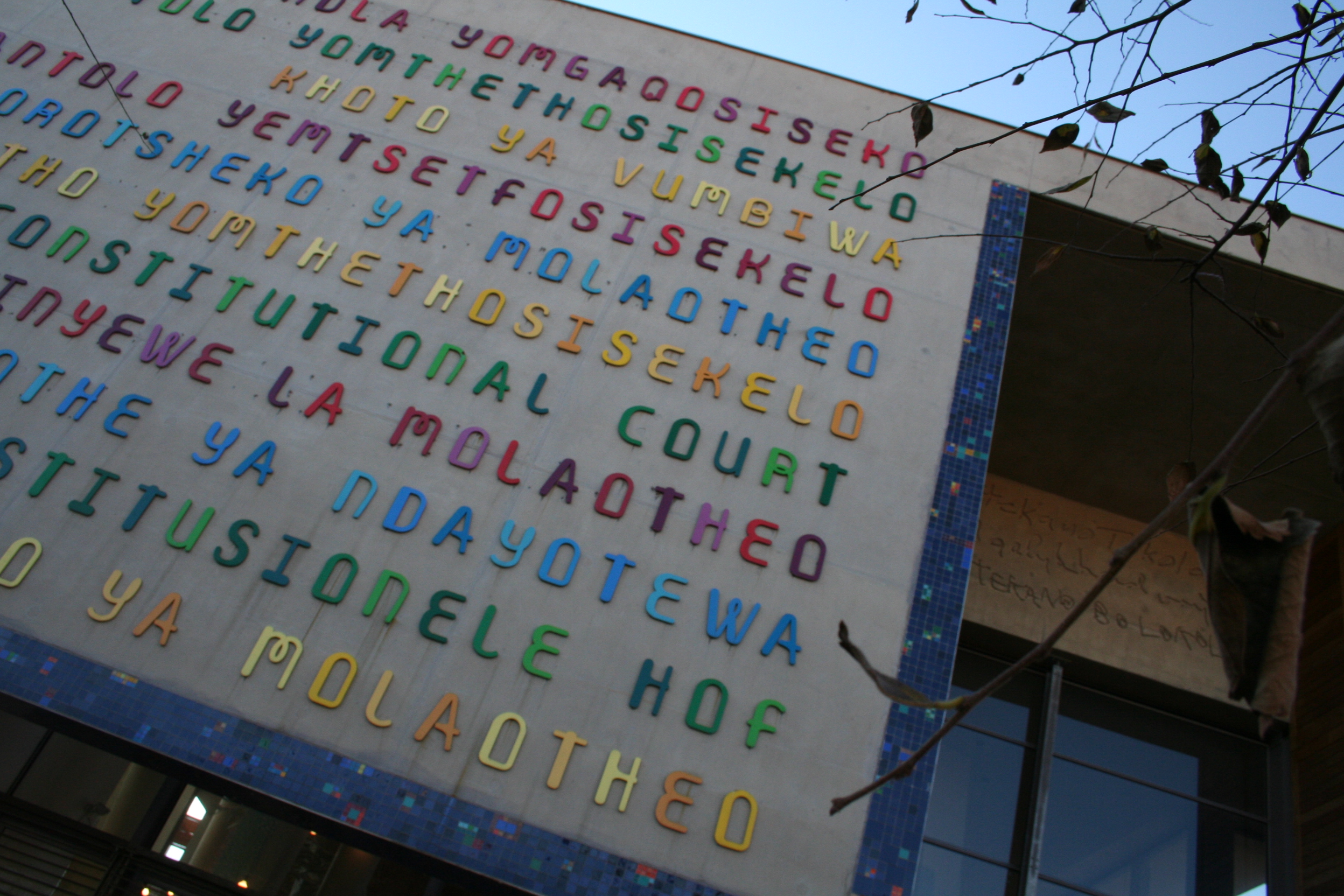Children should be taught in their mother tongue in order to improve understanding of difficult subjects, and subsequently improve their overall performance at school, according to the deputy CEO of Afriforum, Alana Bailey. Her statements come ahead of the anticipate release of the 2014 final matric results, with a substantial focus expected to be directed towards the performance of those for whom English is not a primary language.
It also comes shortly after a recent conference on Afrikaans at the University of Ghent, Belgium, which has a large number of students currently studying the language. Having been in attendance at the event, Bailey said it was interesting to see how well smaller languages were valued in Europe, as opposed to South Africa, where the perception was that students would not achieve much without an English education.
“They are young Belgians that wish to study in Afrikaans, because they actually see the worth of the language internationally,” she said.
She stated that any move to allow students to study in their preferred home language would have major benefits for the education sector. Most notably, it would drastically improve understanding of abstract concepts and subjects such as maths and physics. Students would be able to master these subjects far easier should they be taught in the language most comfortable to them, as opposed to their second or third language, as was common in many parts of South Africa.
“Often they will memorize it, but they will very rarely understand the work completely. By the time they reach tertiary level studies, very often they will run into problems,” she said.
Apart from being a major educational handicap, this also created a language barrier between children and parents, as a result of the child effectively being forced to change their home language. Furthermore, it helped bring about ‘self-worth’ problems, forcing them to believe that their cultural identity was inferior to those brought up speaking English.
Bailey stressed that any attempt to enforce a mono-lingual form of teaching across all levels of the education system, would only further hamper the progression of students, and diminish the importance of the country’s secondary languages.
“This is to the detriment of the children, as well as to the detriment of this cultural treasure that we have in our languages,” she said.
However there were solutions to the preservation of these languages, and she had particular praise for the Department of Basic Education, who were attempting to expand the number of languages taught at schools. Bailey said this would help build bridges between the diverse sectors of South African society, something that was long overdue. VOC (Mubeen Banderker)






 WhatsApp us
WhatsApp us 

